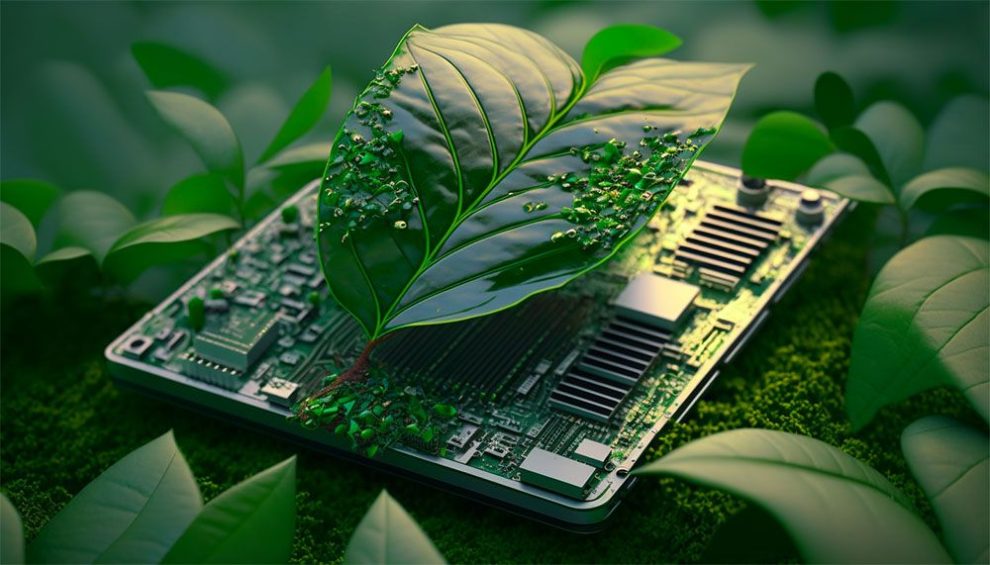Imagine a world where manufacturing processes are cleaner, greener, and more efficient. No more harmful chemicals, reduced energy consumption, and products made with renewable resources. This isn’t science fiction, it’s the exciting potential of AI-discovered proteins and enzymes that are transforming sustainable manufacturing.
How AI is Cracking the Code of Life
Think of AI as a super-powered research assistant, scanning vast protein databases and predicting the functions and structures of previously unknown proteins. This allows scientists to:
- Identify promising candidates: AI sifts through mountains of data, pinpointing proteins with specific characteristics based on desired functions, like breaking down pollutants or creating bioplastics.
- Design custom enzymes: Scientists can “feed” AI specific requirements, and the AI designs enzymes with tailored functionality, optimizing processes for efficiency and sustainability.
- Accelerate discovery: AI automates many tedious tasks, freeing up researchers to focus on deeper analysis and innovation.
The results are astonishing. AI has already led to the discovery of:
- Enzymes that break down plastic faster and more efficiently, paving the way for plastic recycling breakthroughs.
- Proteins that capture and convert carbon dioxide, offering a potential solution to combat climate change.
- Microbial enzymes that produce biofuels, reducing reliance on fossil fuels.
These are just a few examples, and the potential applications are seemingly endless. From developing sustainable alternatives for dyes and textiles to creating eco-friendly cleaning products, AI-powered protein and enzyme research is unlocking a future of possibilities.

Benefits Beyond Green: A Ripple Effect of Sustainability
The implications of AI-driven protein and enzyme discoveries extend far beyond environmental benefits. By creating more efficient and sustainable manufacturing processes, we can expect:
- Cost reductions: Utilizing renewable resources and optimizing production can lead to significant cost savings for businesses.
- Job creation: New industries and technologies will emerge, requiring skilled workers across various fields.
- Improved public health: Reduced reliance on harmful chemicals translates to a healthier environment and improved public health outcomes.
However, it’s important to acknowledge potential challenges alongside the exciting promise. Ethical considerations regarding intellectual property and responsible development of these technologies need careful attention. Additionally, integrating AI into existing manufacturing workflows might require workforce training and upskilling to ensure a smooth transition.
The Road Ahead: Building a Sustainable Future with AI
The future of sustainable manufacturing is undeniably intertwined with AI-powered protein and enzyme research. As research progresses and collaborations increase, we can expect even more groundbreaking discoveries. Here are some key areas to watch:
- Open-source platforms: Sharing data and resources through open-source platforms can accelerate research and development, leading to faster and more widespread adoption of sustainable technologies.
- Public-private partnerships: Collaboration between academia, industry, and government can ensure responsible development and equitable access to these advancements.
- Investment in research and education: Continued investment in research and development, coupled with upskilling initiatives, will ensure a future workforce prepared for the AI-driven biorevolution.
The journey towards a truly sustainable future requires a multi-pronged approach. AI-powered protein and enzyme research offers a powerful tool, but technology alone is not the answer. By fostering responsible development, promoting collaboration, and prioritizing ethical considerations, we can work together to build a future where innovation and sustainability go hand-in-hand.
What are your thoughts on harnessing AI for sustainability through protein and enzyme research? How can we foster responsible and equitable development of these technologies? Share your perspectives in the comments!
















Add Comment